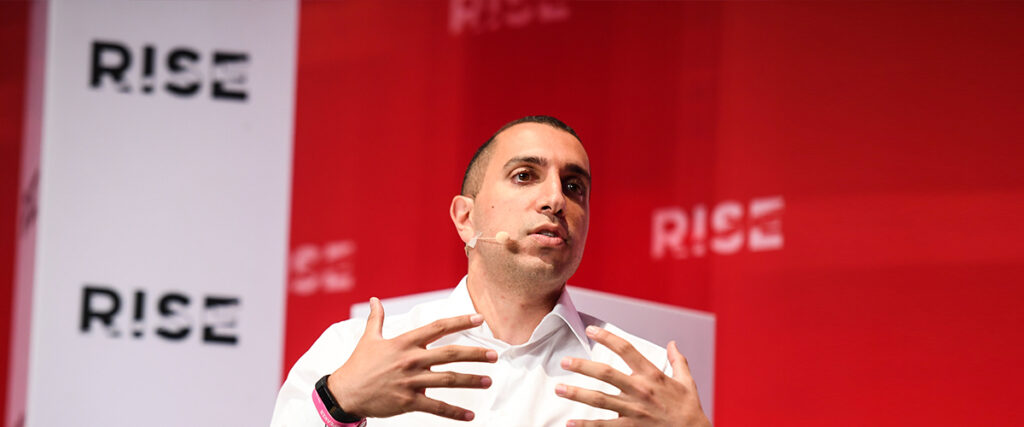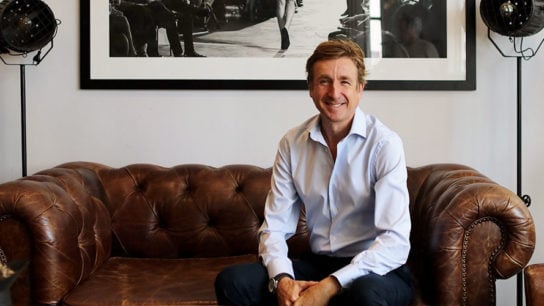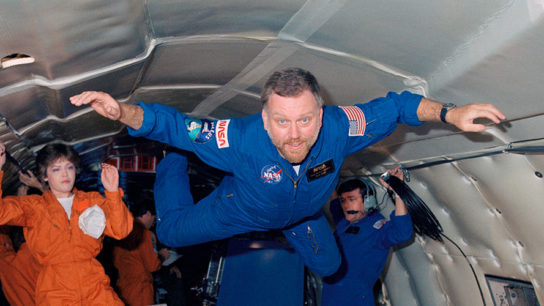Last week at RISE, we listened to the founder of Tinder, Sean Rad, as he shared some sage business advice, discussed his passion for investing, and delved into the origins of Tinder’s swipe left feature.
Created in 2012, Tinder is currently the most famous global dating app that allows users to match and chat with potential love interests. Its ‘swipe left’ feature has become a cultural phenomenon and completely revolutionised the world of online dating. This is what Tinder’s founder, Sean Rad, had to say during his chat with RISE co-host Casey Lau on Wednesday 11th August 2018.
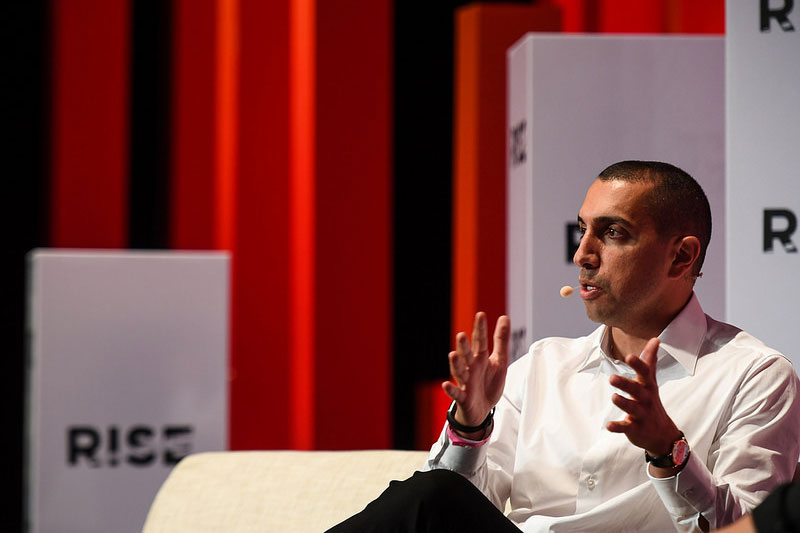
Sean begins by explaining how the concept of ‘swiping’ initially came about, and how it sets Tinder apart from all the dating sites that came before it. “Go back to the first dating site. That was created for people who didn’t have time to go out and date or they lived in a rural area and didn’t have access to people. They essentially created a database which didn’t really do anything. The insight that I came to many years ago was that even if I find someone that I like, it’s still very intimidating to walk up to them or message them and introduce myself, so why not remove that rejection? So we came up with the idea where if I like someone and I swipe on them they won’t know unless they like me back. That’s what I think revolutionised the dating space period. The swipe was one of the ways we brought that tech to life.”
On Tinder’s success on a global scale he says, “Nowadays an idea can travel around the world almost overnight. If you don’t think of yourself as global from day one there’s going to be a lot of disappointed customers who’ve heard about your product but can’t use it. So, for Tinder, it wasn’t enough to just localise the app in different languages, we really wanted to understand what made every country unique. You can’t just take the approach as a global company that what works in one country, works in every country. There are universal things that make us human but everyone’s different and there are different cultural impacts. The way to really capture that learning is to have feet on the street in every market. In the first three months we had teams in every country bringing us feedback within that market.”
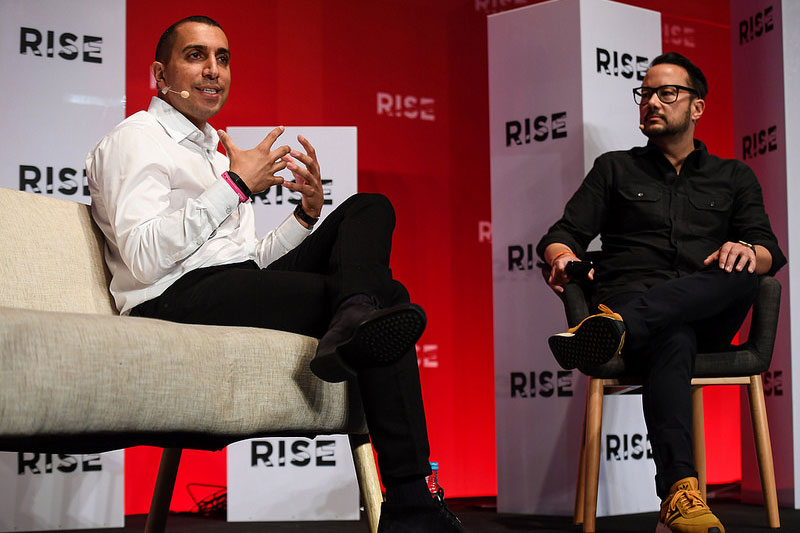
He continues by saying that, in the next five years, technology will likely develop the online dating scene even further. “The reality is that as tech gets better it brings us closer together. I don’t think it’s unrealistic that instead of swiping, my phone could actually talk to me and say, ‘Hey Sean, there’s a great girl here from a similar cultural background with a lot of common friends, you’re both free Thursday night, how about a quick coffee?’, and that interaction might be created by some sort of AI.”
Moving away from Tinder, he explains his passion for investing in new startups. “It’s a great opportunity to learn. As an entrepreneur, I can then think about creating things that no one in that investment pool has heard about. For me there’s a lot of things happening in the next 5-10 years that’s going change life as we know it. There’s a lot of things I’m excited about, but the three I think about the most are AI, VR and low cost genomic readers.”
To end, he offers up advice for anyone looking to begin their own startup. “Love what you do because if you don’t then, when things get hard, you lose a sense of purpose or reason to keep fighting. Things do get hard because to build something great is truly difficult. It’s not enough for you to just love it, you have to inspire others to love it as well. You can’t do it alone, the best offices are where you walk in and you can feel everyone is there with a common sense of purpose. Obstacles are a good thing. I get a little excited when a mistake is made, it’s an opportunity to step back, learn and grow.”
Related Articles
RISE 2019: A Comprehensive Roundup
Valentina Tudose: TEDx Speaker on Intimacy, Separation & Relationships
Sextech: How is Technology Changing Sex, Intimacy and Shame?
